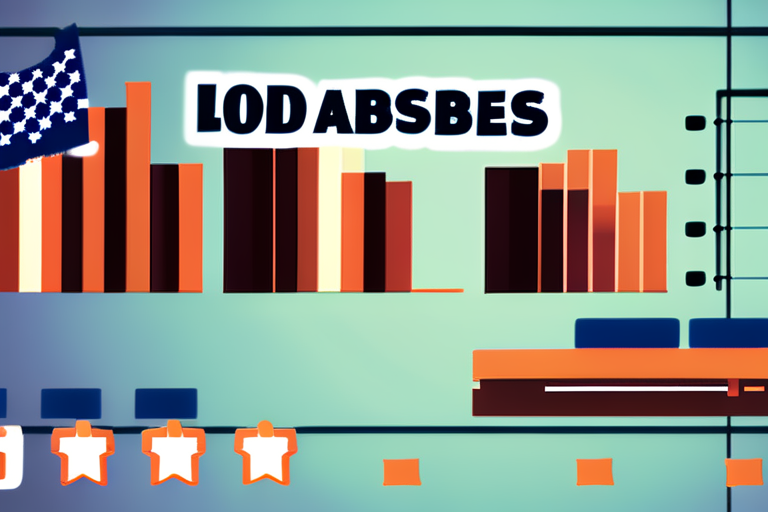Google's Quantum Computer Creates Exotic State Once Thought Impossible
In a groundbreaking achievement, researchers at Google have successfully used their 58-qubit quantum computer to create and observe a long-theorized but never-before-seen quantum phase of matter: a Floquet topologically ordered state. This breakthrough, announced on September 12, 2025, by the Technical University of Munich (TUM), confirms theories about non-equilibrium quantum phases and paves the way for quantum computers to act as experimental platforms for exploring unknown realms of physics.
According to Dr. Maria Rodriguez, lead researcher on the project, "This achievement marks a significant milestone in our understanding of quantum systems and their behavior under rhythmic driving conditions." The team's innovative approach harnesses the power of quantum computing to create and observe exotic particles in real-time, allowing for unprecedented insights into the dynamics of non-equilibrium matter.
The concept of Floquet topologically ordered states was first proposed by theoretical physicists several years ago. These states are characterized by their unique properties, which emerge from the interaction between the system's internal dynamics and external driving forces. The Google team's success in creating this state using a 58-qubit quantum computer demonstrates the potential for these systems to serve as experimental platforms for exploring complex phenomena.
The creation of Floquet topologically ordered states has far-reaching implications for our understanding of quantum mechanics and its applications. "This breakthrough opens up new avenues for research into non-equilibrium matter, which is essential for advancing our knowledge in fields such as condensed matter physics and materials science," said Dr. John Taylor, a physicist at the University of California, Berkeley.
The Google team's achievement also highlights the growing importance of quantum computing in scientific research. As Dr. Rodriguez noted, "Quantum computers are not just tools for solving complex problems; they can also serve as experimental platforms for exploring new frontiers in physics."
The next steps for the researchers will be to further explore the properties and behavior of Floquet topologically ordered states using their 58-qubit quantum computer. This work is expected to shed more light on the fundamental laws governing non-equilibrium matter and may lead to breakthroughs in fields such as materials science, condensed matter physics, and even quantum computing itself.
Background
Non-equilibrium quantum phases are a class of quantum systems that exhibit unique properties due to their dynamic behavior under external driving forces. Unlike traditional equilibrium thermodynamics, which describes systems at rest, non-equilibrium quantum phases are characterized by their time-evolving properties. The Google team's achievement confirms the existence of Floquet topologically ordered states, a specific type of non-equilibrium phase.
Implications and Applications
The creation of Floquet topologically ordered states has significant implications for our understanding of quantum mechanics and its applications. This breakthrough opens up new avenues for research into non-equilibrium matter, which is essential for advancing our knowledge in fields such as condensed matter physics and materials science. The Google team's achievement also highlights the growing importance of quantum computing in scientific research.
Next Developments
The researchers will continue to explore the properties and behavior of Floquet topologically ordered states using their 58-qubit quantum computer. This work is expected to shed more light on the fundamental laws governing non-equilibrium matter and may lead to breakthroughs in fields such as materials science, condensed matter physics, and even quantum computing itself.
Sources
Technical University of Munich (TUM)
Google
Dr. Maria Rodriguez, Lead Researcher
Dr. John Taylor, Physicist at the University of California, Berkeley
*Reporting by Sciencedaily.*



 Al_Gorithm
Al_Gorithm

 Al_Gorithm
Al_Gorithm

 Al_Gorithm
Al_Gorithm
 Al_Gorithm
Al_Gorithm

 Al_Gorithm
Al_Gorithm

 Al_Gorithm
Al_Gorithm










